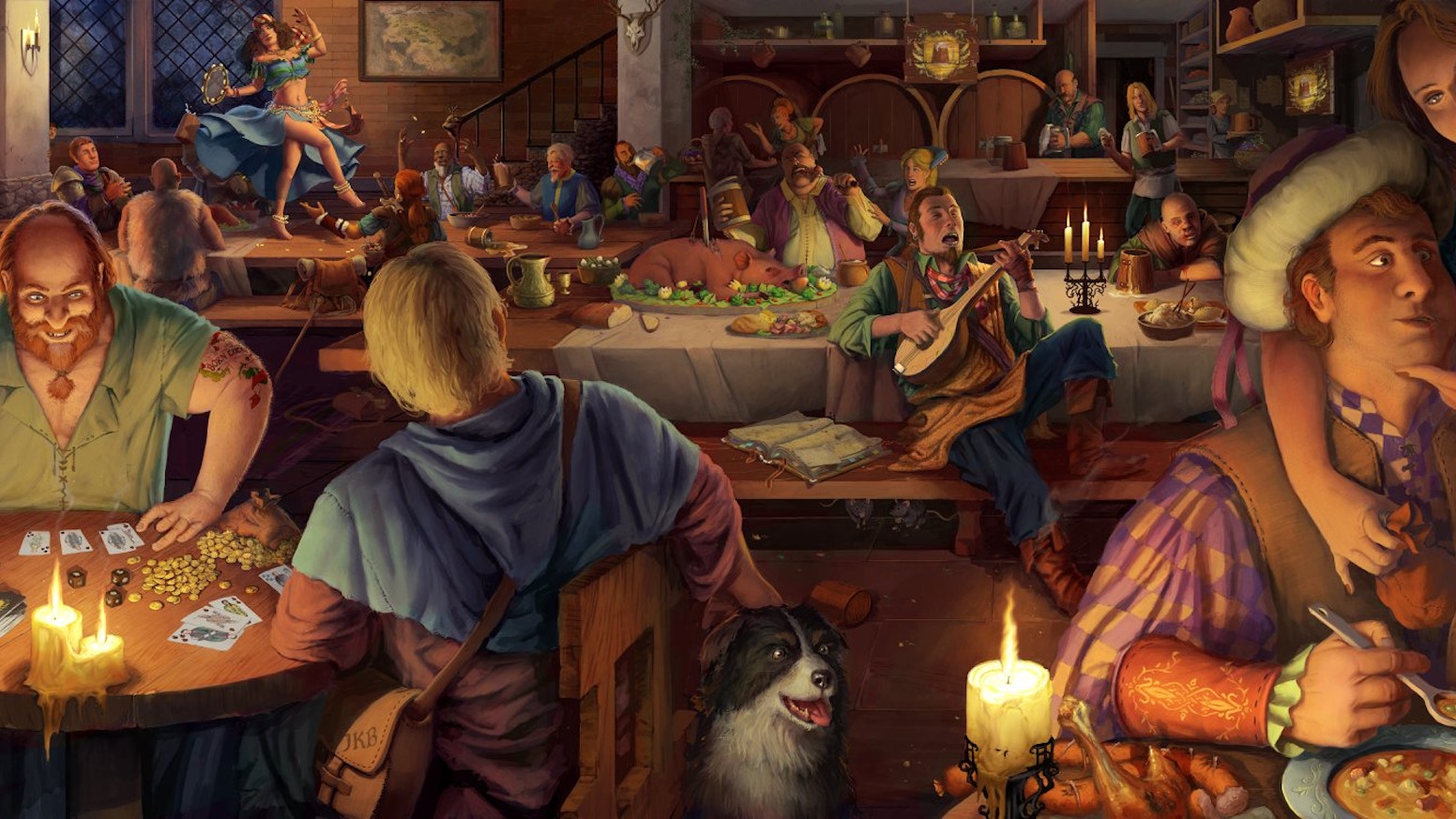
Need a Traveller Encounter Fast? Here is one for the harried Referee; (made using the Augmented Reality city kit!)
A
New Plot
for the next group of Pcs:
The
PC's are confronted by mysterious deaths in their concourse and are
motivated to find the answer. A.C.M.W
screamsheets are on the story.
What’s
going on: Rob ‘Infidel’
Castro,
per orders from the Siamese
Syndicate,
a
fixer network, is
testing the “Acoustic
Weapon Sensor”
for
the Nordeast Corporation.
It
is being kept at a
Nordeast
Safehouse(???).
And
is triangulating a “field of death” around the Nelson Hale Block
off of Cruikshank
Concourse.
Nordeast
hopes to buy a minor nation state on the
restricted planet of Port
Prince Peace.
Angry
Citizens Media Web,
a
pro-labor propaganda outlet.
ACMW
is
trying to uncover the cause of these deaths. They have a lead on this
Siamese
Syndicate.
Local
Conflict: Castro
is experiencing TREACHERY. The Angry
Citizens Media Web
possibly infiltrated the
Siames Syndicate fixer network and are
trying to uncover the
Accoustic Weapon Sensor tests which
are killing their friends and neighbors.
Fixer
Network "Boss":
Shaven
head, wears grey suit, bulky, and sombre. He is obsessed with "zone"
dancing in public places. Secretly employed by the Huron corporation,
follows their instructions acting as a Siamese Syndicte diploment.
Area
Event: Development/Investment
leading to Rapidly
Escilating Fatalities
from
the McGuffin.
McGuffin:
Accoustic
Weapon Sensor is causing the fatalities.
Where
is this all located? Vanders
Colony Dome 1, Cruikshank
Concourse,
Nelson
Hale
Building,
as
well as the Bio-sculpt
sex studio
Aztechnology,
in
ARchLuxury
Apartments building
complex.
Nelson
Hale is mostly 2’s and 4’s (apartment
type),
pumped of course.
Current
Events;
Oil
spill on Cruikshank has caused an Agit-Pop Flash Demonstration led
by the Copy Catz.
Ad-Lib is
looking for
“Infidel” Castro. He thinks he might know something about what’s
going on.
NPC
Names: Bashar
Ad-Lib; ACMW
Reporter,
Boris
Yelpin’; Ad-Lib’s
camerman
Dilemmas
Dangers, Gang Leader of Copy Catz
Wes
Dekine, Siamese Syndicate Boss
Dot
Avi, Siamese Syndicate Boss
Salted
Hashbrowns, Nordeasat Corp. Scientist
Uetake
Kunio, Nordeast Corp. Agent
Greto
Giles; Nelson
Hale
Urchin
Tarzan
Lopez; Cruikshank
Concourse
scavanger
Opening
Sounds:
Police band radio, “Attention
mobile unit. Confidential informant advises possible facilitation.
Sending Threat-Let.
Suspect cover
is Wes Dekine, uploading profile dump,
no further information. Please respond.”
Gang
in the neighborhood: The
Copy Catz, composed
of 24d10
members led by an adult, . They fight with mixed weapons and their
tactics tend towards assault and flank. The gang's primary reason for
being is Political (Conservative); they love gambling and HATE
daylight! The gang's symbol is two
cat skulls facing each other. Gang memebers tend
to wear yellow/gold attire.
They usually
have music from the latest Agit-Band.
When first encountered, their initial reaction will be hostile, watch
and wait for attack of opportunity. You encounter 3 members hanging
out on a corner.
The
Gang:
Dilemmas Dangers (leader),
C8A6B7,
light auto, not skilled.
Gangmember
Stats; 777773,
Hot
Swap, Mad Dog, Booker Numbers, Bad Hayes, Gay Nava, Commodore 69,
Computer-1.
Then
there are 120 more soldiers
of the line which need calling up from Cruikshank neighborhood.
Random
Encounters:
Encounter 1 (Pest Control)
Blood-Matted
Fitz-Trap,
a dangerous predator found on the Skalvil wastes.
4HP, Bite (1d6).
What
the frak is it doing in the dome? A
Copy Catz foolishly brought one back after field trials of the A.W.S.
His body is nearby. What do the Copy Catz have to do with wild
animals?
Encounter 2 (Hot Cyber Goods)
Urchin
Greto
Giles14
DEX, 4HP, Knife (d6). She is leading a Scavenger Tarzan
Lopez
2HP, Taser
(d8
stun damage)
to
try and sell their cybermodem. Essential part to the AWS. Copy
Catz, on Infidel’s orders, are tracking them down. The pair look
nervous. As if they know what they have is hot, dangerous goods.
Encounter 3 (Residents pleading for help)
Body
Pit:
Copy
Catz members are disposing
of
jellied
bodies
in
the
Nelson Hale Block.
Encounter 4 (Hot and ready to rock)
Eviction
Squad:
Roll random reaction to see how it goes down. 1d10+SS+Int=stand
down #. They
are juiced and ready to pop!
Encounter 5 (Breaking & Entering) Exploitable for entry; Samuel Gompers Building.
Working
for Needful to dispense street hygene. Security techs to silence the
persistent alarm. These are possible angles to get access into the
building. Needful
Hygiene
Dispensers:
You will be deployed to a building
lobby or reception area, and sometimes you'll operate in the street,
where you will remain for the duration of the gig. You will be
supplied with a paper coverall, nitrile gloves and a 20L back-mounted
tank full of hand sanitiser, or other germicidal, dispensed by
trigger pump to hygiene conscious citizens. You may leave your patch
once you've run out of gel. Pay is docked per 500ml remaining at the
end of your shift. The tank must be returned in good condition, but
the gloves and coverall are yours to keep.
Angry
Citizens Media Web (ACMW link-95)reporter Bashar Ad-Lib and his
camera man is onto the story. He wants to try and find the source and
is looking for people handy with sensor equipment and electronic
counter-measures to do some triangulation.
What
is happening at ARchLuxury Apartments, 10 floors, malfunctioning
alarm, a crime scene, the building looks gothic, pristine. Remote
Assistants grant access. Eyeball recognition. The whole thing is
encased in plastic siding.



